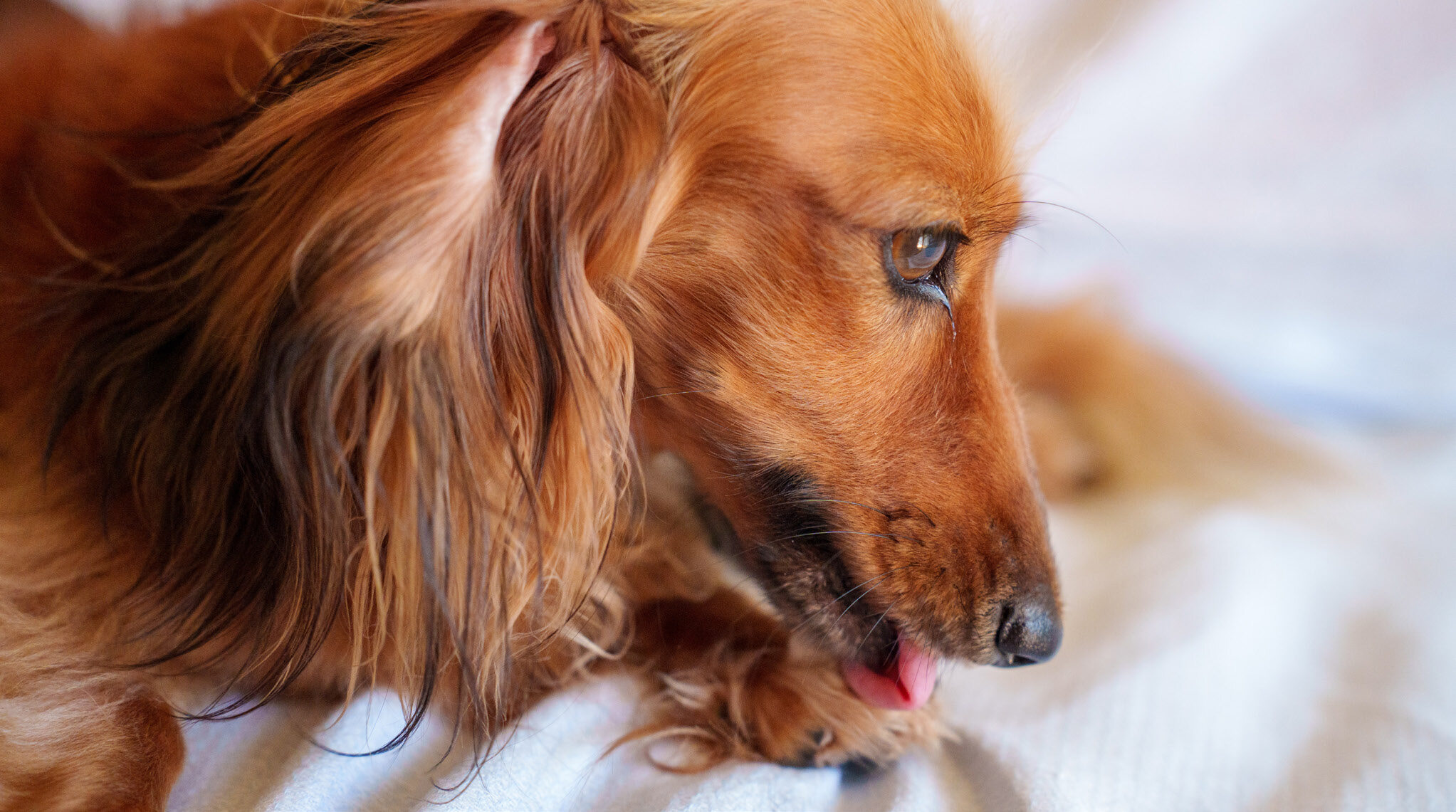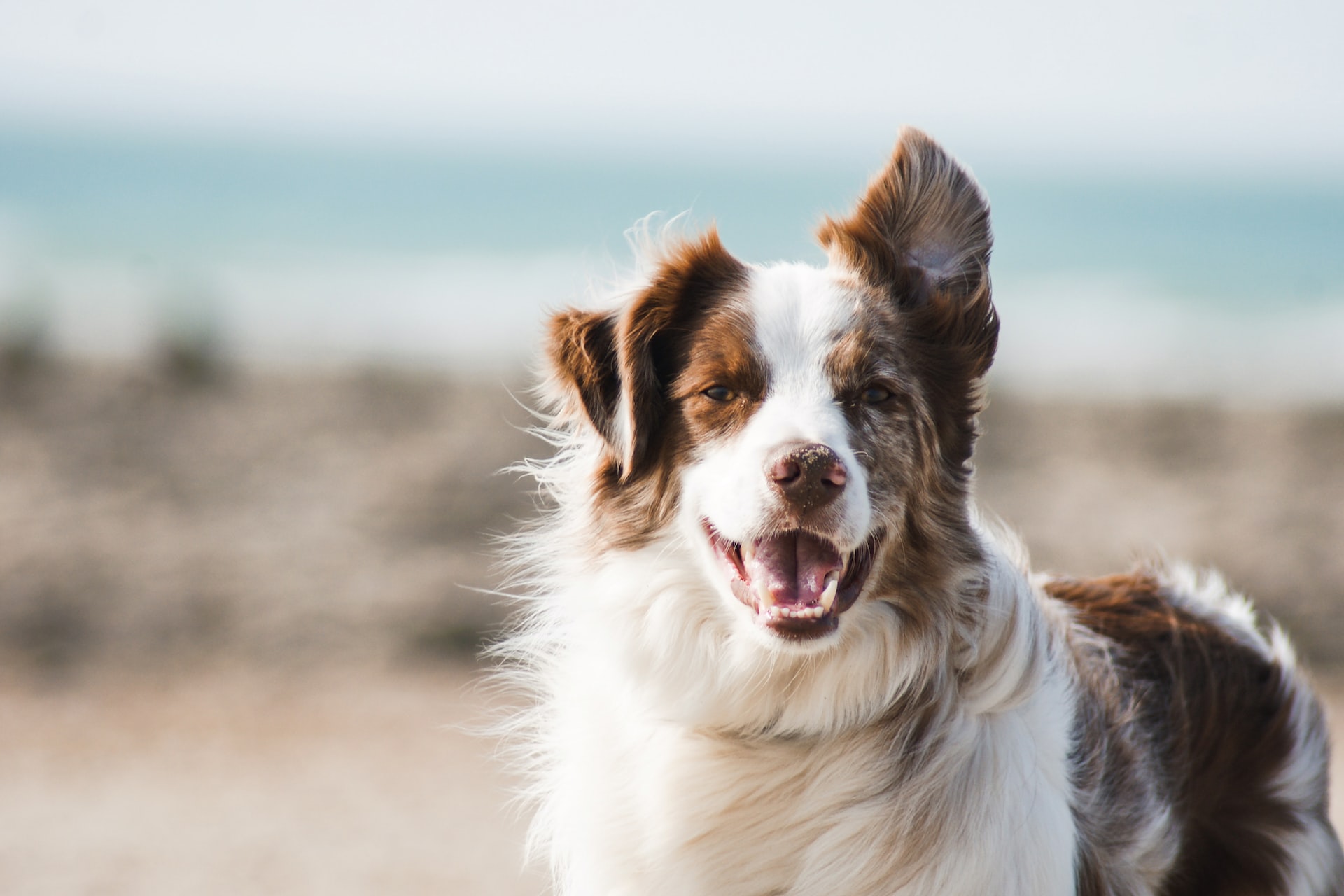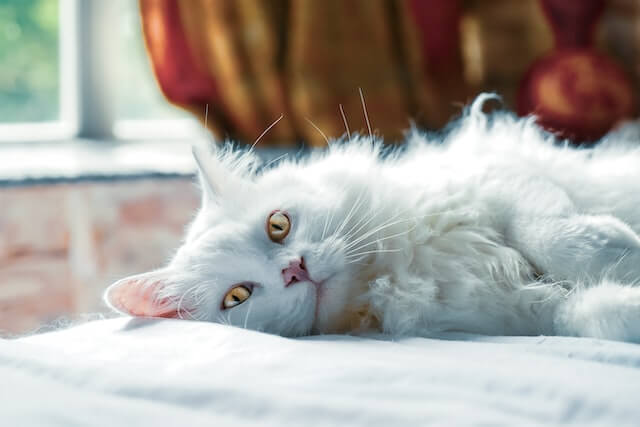Small acre farming: the basics of animal husbandry and nutrition
Looking after farm animals can be daunting if you are new at small acre farming. There is lots to think about in animal care and what you feed your livestock is one of the most important aspects in maintaining their health and fertility. Raising farm animals so that they are healthy and productive means a lot of hard work, some basic knowledge on what to feed them, good housing, and a good health care management system.
The importance of good animal husbandry
‘Animal husbandry’ is the term given to the care, raising and breeding of livestock including Cattle, Sheep, Goats, Pigs, and Poultry. It’s crucial that you have a handle on the basic needs of animal care before launching into stocking your small farm with livestock.
Good husbandry, hygiene and proper nutrition are all essential to farm animal health. At a basic level, you should ensure that your small farm animals have:
Clean water in sufficient quantities daily (Dairy Cows for example need up to 150 litres each a day!), sufficient food and possibly supplements to meet nutritional requirements, clean, disease free living conditions including paddocks and shelters, essential grooming including hoof care and shearing, room to exercise safely, including fencing to keep them from harm, companions for herd animals such as Alpacas and Goats, regular interaction from you/other carers so the animals are conditioned to be around people, health oversight including regular drenching for worms.
Keeping an eye on your animals
Familiarising yourself with the healthy state of your animals and keeping an eye out for health warning signs is an essential part of caring for livestock. When you check on your animals regularly, you will become attuned to their normal behaviour and be able to quickly become aware of any warning signs that your animals are becoming unwell, such as:
Weight loss/loss of appetite, lethargy, decreased or affected milk supply in dairy animals, diarrhoea constipation, unusual movement such as limping, difficulty standing or changes in stance, swelling of body parts or nasal or eye discharge. While having a good vet on hand is essential if you own livestock, learning animal healthcare skills is important if you are planning to keep any animals at all.
The primary diet of grazing animals is forage. Ideally, your hobby farm’s pasture would satisfy the majority of their nutritional requirements, but, often that may be impractical and require supplementing their diet with hay or forage.
It is safe to presume that your livestock will consume approx. 2% of their body weight in feed each day, and adjust for losses. Adding supplementary feeds like Open Range Hobby Mix can fulfil the energy and nutrient deficit that may arise from feeding just fibre and pasture alone.




